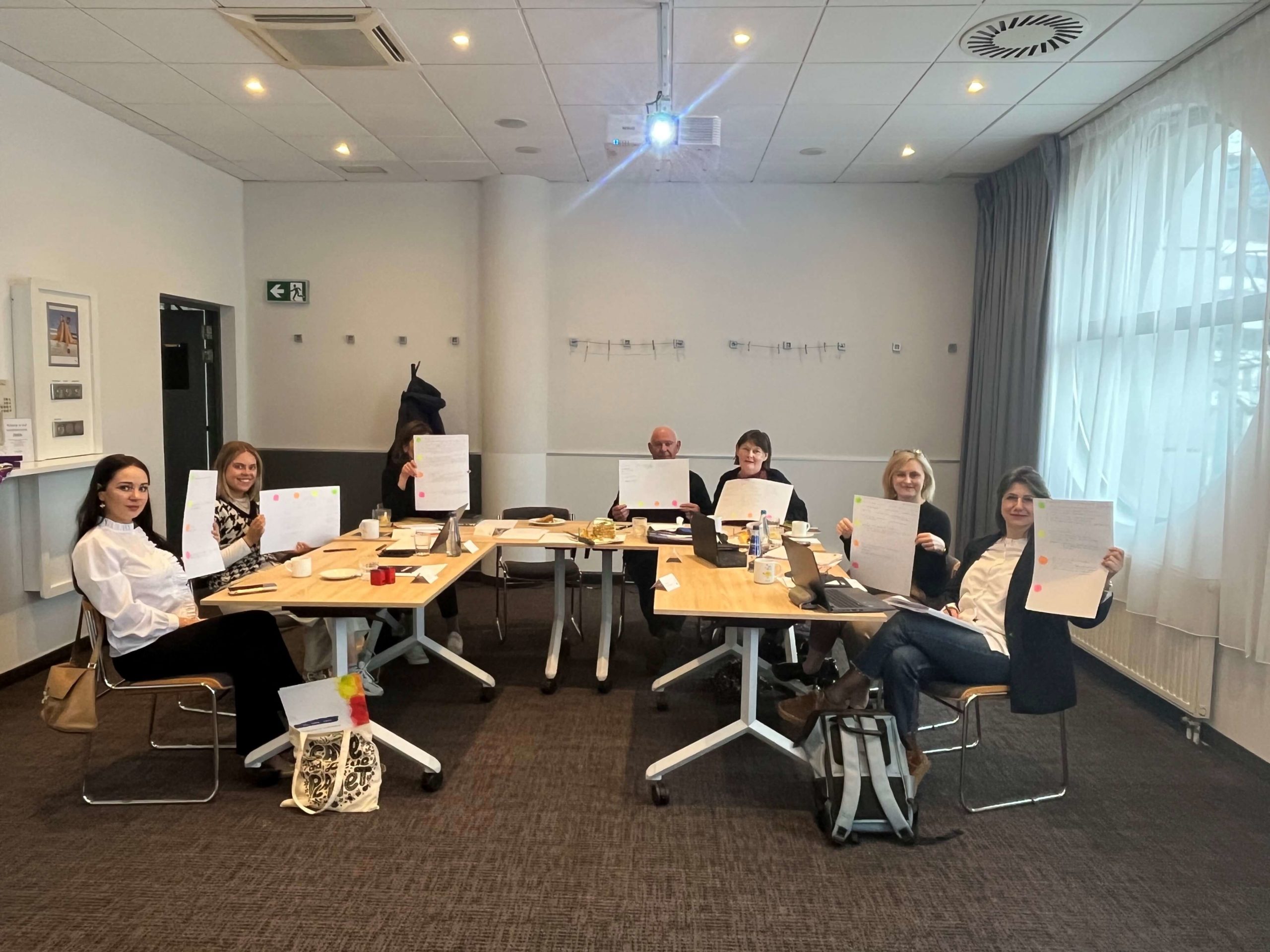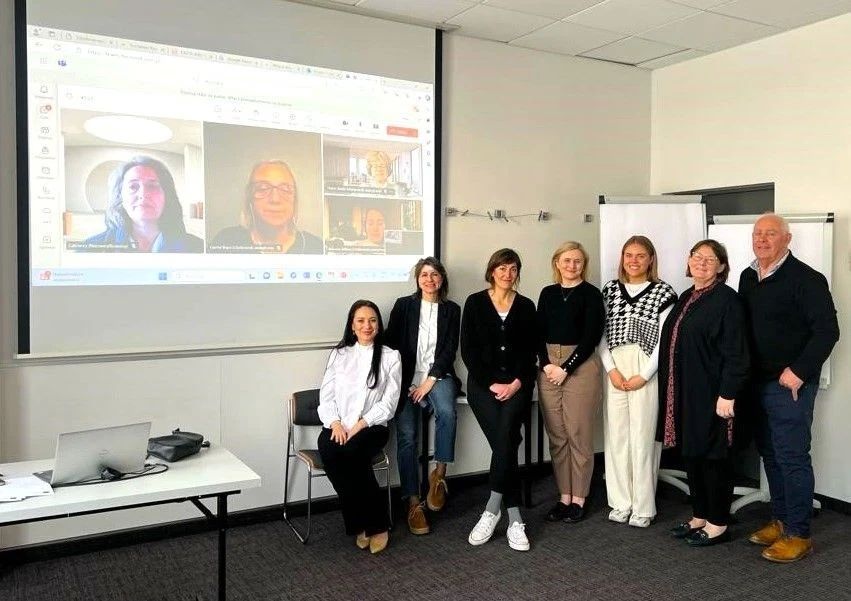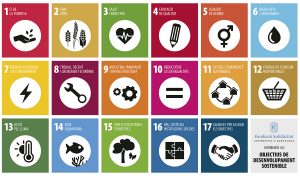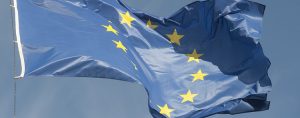The initiative seeks to equip adult educators with the knowledge and skills needed to create genuinely inclusive learning environments.


A meeting of partner entities, in March 2024 in Poland, inaugurated the European project FOOD Includes (Fast tracking Outreach to and Opportunities for Disadvantaged people).
Until 2026, this initiative co-funded by the Erasmus+ program will seek to harness the power of food to create innovative and engaging training programs in adult education, which actively improve accessibility, inclusion and the development of skills of traditionally excluded or non-interested learners; for example, people new to the community.
Through a starter kit and open educational resources (OER), the project’s “Food Approach” will equip more than 70 educators from NGOs, adult and continuing education centres with the necessary knowledge and skills to create genuinely inclusive learning environments that promote equity and equality. Specifically, the initiative targets individuals facing socio-economic difficulties, early school leavers, ethnic minorities, migrants and refugees, with the aim of overcoming cultural, psychological, gender or socio-economic barriers in the educational field.
More than a hundred students from six countries will take part in activities where FOOD Includes’ “Food Approach” will promote literacy, numeracy, digital skills and entrepreneurship. Furthermore, the practical nature of these activities will not only enhance participants’ skills, but also build self-esteem, trust and a willingness to progress towards higher qualifications.
The project is coordinated by the Johannes Gutenberg University in Mainz (Germany). Likewise, its partner entities are EUCEN (European Universities Continuing Education Network) (Belgium), EUEI (European E-learning Institute) (Denmark), First Rung Life Skills Ltd (Ireland), Bia Innovator Campus (Ireland), Kariera Na Plus (Poland), Centro de Formación de Administración y Hostelería (Spain) and the UB Solidarity Foundation.
This news is related to the following SDG of 2030 Agenda:








